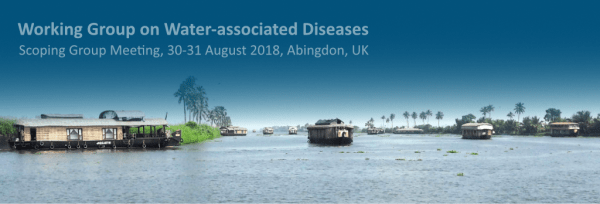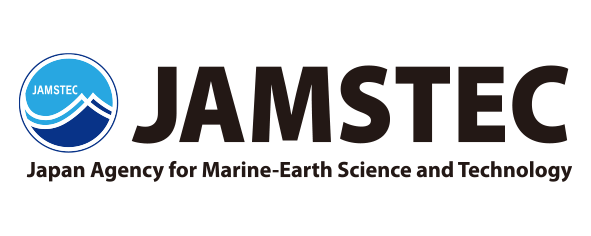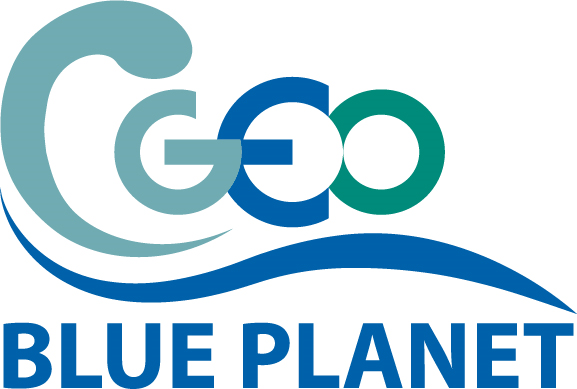Overview
Several million cases of water-associated disease are reported globally each year from water-borne or vector-borne pathogens. A large number of cases may be avoided through improved access to clean water and sanitation, and more cases could be prevented by improving prediction of disease outbreaks and health risks, using an integrated approach involving in-situ observations, laboratory experiments, remote sensing and modelling.
POGO provided funding for a 2-day scoping group meeting to initiate discussions and bring together relevant parties with a view to establishing a longer-term GEO Blue Planet Working Group in this area. During the Scoping Meeting, attendees discussed the benefits, best practices and feasibility of incorporating Earth observation measurements into early-warning systems for water-associated diseases.
The Scoping Group Meeting involved specialists in the fields of ecology, epidemiology, bioinformatics, genetics, remote-sensing, modelling, climate, limnology and oceanography.
The WG’s initiative has been recognised as an important GEO Blue Planet activity under Theme 2 ‘Healthy Ecosystems and Food Security’ and with societal relevance to public health, food security, water management, biodiversity and ecosystem sustainability, and disaster resilience. The WG activities are further adding value to GEO health community of practice and AquaWatch initiatives.
Relevance to POGO priority areas
- Contribute to advancing innovation and development of the global ocean observing system by incorporating EO in water-associated disease monitoring and prediction systems.
- Support the development of key skills, capabilities and capacities in the EO and human health components of the global ocean observing system, by building interdisciplinary knowledge and approaches that will enable us to analyse comprehensively observations from multiple fields of research, including oceanography, limnology, remote sensing, epidemiology, genomics, bioinformatics, climate and social sciences.
- Enhance the global ocean observing system’s benefits to science and society, by engaging with end-users and stakeholdrs, including local communities, health centres, environmental regulators, health service officials, and decision-makers at national and intergovernmental levels.

Status: Complete Working group
Year: 2018
Working group website
Working group Participants
Leader
- Marie-Fanny Racault, Shubha Sathyendranath, Trevor Platt, Plymouth Marine Laboratory, UK
Participants
- Anas Abdulaziz, CSIR-National Institute of Oceanography, India
- Craig Baker-Austin, Cefas, UK
- Rita Colwell, University of Maryland, USA
- Elizabeth Goult, Plymouth Marine Laboratory, UK
- Kim Hockley, Plymouth Marine Laboratory, UK
- Tak Ikeda, JAMSTEC Yokohama, Japan
- Antarpreet Jutla, West Virginia University, USA
- Milton Kampel, National Institute for Space Research – INPE, Brazil
- Nandini Menon, Nansen Environmental Research Centre, India
- Elise Myers, Columbia University & Lamont Doherty Earth Observatory, USA
- Trevor Platt, Plymouth Marine Laboratory, UK
- Shubha Sathyendranath, Plymouth Marine Laboratory, UK
- Nick Thomson, Wellcome Sanger Institute and London School of Hygiene & Tropical Medicine, UK
- Maria Inés Trucco, National Institute for Fisheries Research and Development, Argentina
- Caradee Wright, South African Medical Research Council, South Africa
- Yosuke Yamashiki, Graduate School of Advanced Integrated Studies in Human Survivability, Kyoto University, Japan



